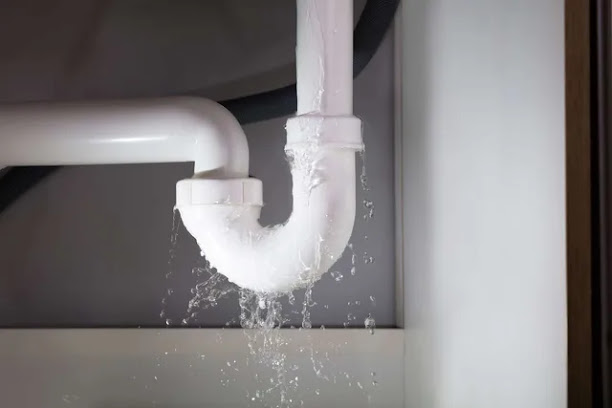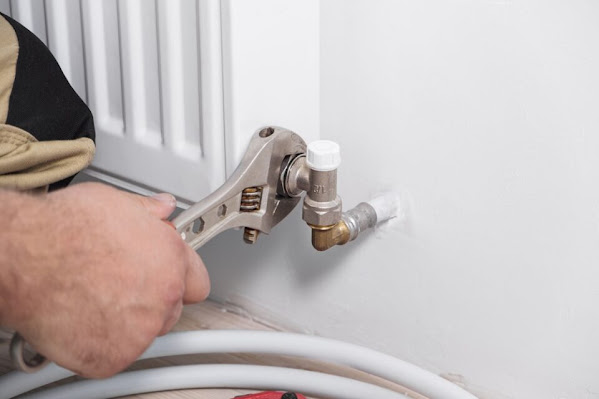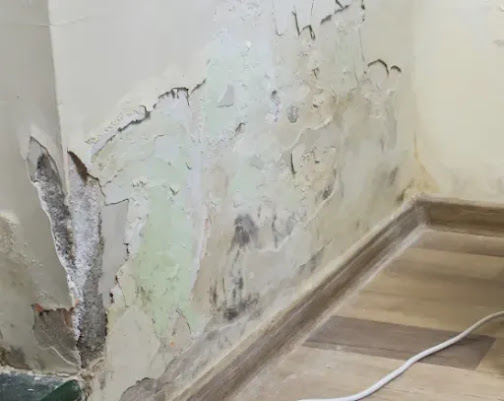Your boiler may have been making odd noises, such as popping, whistling, banging, or rumbling. The noises your boiler can produce have already been covered in writing. The sounds of pumps, switches, flowing liquids and gases, and hob flames are among the many that are entirely normal. Make sure you have ruled out the sounds of a functioning boiler before assuming it is Boiler kettling; doing so could prevent you from having to pay a call-out fee.
If your boiler is outdoors, like in your kitchen, you've probably grown accustomed to its noises and will detect any changes right away. You might not find it if it's tucked away outside, in a garage, or in a utility room. To get acclimated to its typical operating noises, it's a good idea to periodically listen to yours. Anything that sounds loud, erratic, or non-mechanically should definitely be looked into more.
How does a boiler work?
It's a common misconception that a gas combi boiler heats water by boiling it over a flame while it's outside and then feeds it to the hot taps. This isn't entirely accurate. The burner heats the water, which is pumped over the flame and through a heat exchanger in an enclosed loop. In essence, a heat exchanger is a loop through which hot water is piped in one direction while mains water is piped in the other. The main water flowing in the opposite direction quickly heats up due to the transfer of heat from the boiling water in the loop. After that, until the tap is turned off, the cooled water in the loop passes over the flame once more.
Two points are worth mentioning. First off, the hot water that emerges from your faucets hasn't been in direct contact with the flame. If it were the case, it would just be too hot. The boiling water that has passed over the flame gives it heat.
Secondly, despite being referred to as "boilers," they do not actually boil water. Water boils at 100 °C, as you may remember from your science classes in school. In other words, it turns from a liquid to a gas (steam). The hot water that emerges from the tap will typically be 55 °C (or whatever temperature you set it at), while the water inside the boiler loop typically reaches up to 70 °C. A good, hot bath is about forty.
Similarly, boiler water is sent to your hot water cylinder and radiators (if you have a system or heat-only boiler), which are typically connected to the same system. In addition to being a heat exchanger, the cylinder operates far more slowly than a combi boiler.
What is kettling?
As previously stated, the boiler's water does not boil. At minimum, it ought not to. The rate and volume at which it is pumped over the flame stop it from reaching 100 °C.
But there's a good chance the water will remain over the hob long enough to boil if something were to slow down the flow. Steam bubbles will appear out of nowhere in a system meant to hold hot but not boiling water, and expansion will cause the pressure to rise significantly. (Keep in mind that a steam engine operates primarily on the expansion of steam, which is a strong force capable of moving a train.)
Build-up of limescale
Your system will use the same water if you live in a hard water area, which may result in limescale buildup inside the heat exchanger and pipes. This will cause the flow to slow down and become more turbulent by reducing the effective cross-section of the heat exchanger channels and pipes.
Build-up of sludge
Magnetite is an iron-based chemical that erodes radiator interiors and can result in sludge accumulation that reduces flow rate.
Damaged pump
Insufficient pump performance will result in insufficient water flow through the heat exchanger.
Boiler thermostat
A broken or incorrectly calibrated thermostat may provide the boiler with an incorrect reading, leading to overheating.
Thus, that is the origin of the word "boiler kettling." It is the area where your water boils, much like it does in a kettle. As you may have observed, a boiling kettle tends to produce more noise than a radio or a person speaking. However, this is entirely normal when using a kettle because you are heating the water until it turns into steam, which creates a lot of noise as it moves and as the gas bubbles burst.
Is kettling Dangerous?
Kettling may be hazardous because of the possibility that the high pressure could rupture internal pipes, resulting in the release of steam and electrical risks.
Modern boilers, however, ought to be equipped with built-in safety measures that can recognise the signs of overheating and turn the unit off before it gets there.
Steps to Prevent kettling
While there are some do-it-yourself methods for preventing or treating kettling, you should always hire a Gas Safe engineer to service your
ecofix boiler. Most likely, they will perform one of the following tasks:
Clean or replace the heat exchanger
Removing and cleaning the heat exchanger is the most popular solution for kettling. If there is a build-up of limescale, it may be better to replace it rather than attempt a thorough cleaning. It's probably time for a new boiler if the issue is very serious.
Add a chemical to the water in the system
The central heating system can have chemicals added to it to lessen sludge accumulation. This will maintain the pipes clear and unobstructed.
Install a filter
As contaminants are drawn up by the central heating system, a filter on the boiler's return pipe will remove them. The iron-based magnetite is especially well-trapped by a magnetic filter.




Comments
Post a Comment